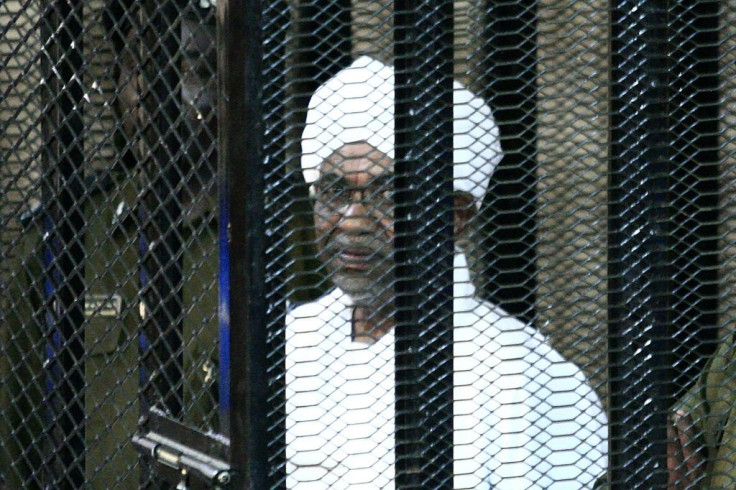Sudan To Hand Over Former President Omar Al-Bashir To International Criminal Court For War Crimes

KEY POINTS
- Sudan's military leadership said Tuesday it would hand over former dictator Omar al-Bashir to the ICC to face trial for war crimes in the region of Darfur
- The move comes as the Sudanese government is involved in peace negotiations with Darfur rebel groups
- Al-Bashir ruled Sudan with an iron fist for 30 years until his ouster in April
Sudan’s military leadership said Tuesday it would likely send former dictator Omar al-Bashir, 76, to the International Criminal Court in The Hague to face trial for war crimes in the Darfur region, which resulted in 300,000 deaths. Al-Bashir was deposed in April, following months of protests and sustained civil disobedience, and has been imprisoned on corruption charges since December.
"Justice cannot be achieved if we don't heal the wounds," Mohammed Hassan Eltaish, a spokesperson for the Sudanese government, said. "We agreed that everyone who had arrest warrants issued against them will appear before the ICC. I'm saying it very clearly"
The decision by the Sudanese government is a concession to rebel groups in the Darfur region. The Sudanese government and the Sudanese Revolutionary Front rebel alliance have been negotiating for several months to ensure peace and stability in the region.
Al-Bashir was charged with war crimes by the ICC in 2009, and an an arrest warrant was issued that same year. The ICC accused al-Bashir of supporting an ethnic cleansing operation in Darfur in 2003.
Although the Sudanese transitional government has said al-Bashir should face trial, there’s no guarantee Sudan will actually carry out the extradition.
Since al-Bashir’s ouster, Sudan has been under the control of a military junta, the Transitional Military Council. The council will govern the country for three years, with elections planned after that.
Al-Bashir had led the country for 30 years, coming to power in a military coup in 1989. He effectively turned Sudan into an Islamist totalitarian state, with al-Bashir and his National Congress Party holding all political power.
Sudanese began demonstrating against al-Bashir in December 2018 due to the worsening economic situation in the country. Protests continued during the transition period after al-Bashir’s ouster, fueled by the lack of representation of women in the transition government and concerns over military rule.
© Copyright IBTimes 2025. All rights reserved.





















